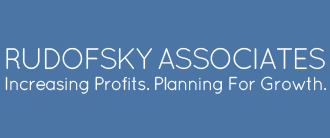Startups May Face a Capital Gap
The probability of a venture capital firm investing in a start-up business now is far less than it would have been in 1999, reports “INC.” Magazine. Ironically, this is partly due to the glut of capital available that venture capital funds are trying to invest, which is pushing them to do bigger deals, sums of $10 million and up that the typical start-up cannot absorb. Jeffrey Sohl of the
Center for Venture Research at the University of New Hampshire calls this “the capital gap.”


